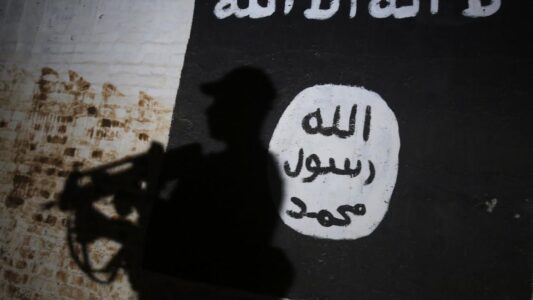
UN: Around 6000-10 000 Islamic State terrorists still active in Iraq and Syria
An estimated 6,000 to 10,000 militants are fighting for the Islamic State extremist group in Syria and Iraq, the UN’s counter-terrorism chief warned on Wednesday.
Speaking at a UN Security Council briefing, Vladimir Voronkov, the Under-Secretary General of the United Nations Counter Terrorism Office, said that the threat from Islamic State remains persistent in Iraq and Syria, and called on member states to maintain gains made against the group to prevent it from expanding.
Voronkov said that IS had “maintained its ability to launch attacks at a steady rate, including hit-and-run operations, ambushes and roadside bombs in both countries”.
“It also continued to attack government forces and civilians with the apparent aim of instigating panic and increasing pressure on the authorities,” he added.
The UN counter-terrorism chief cited the recent attempted jailbreak by IS fighters in Hasakeh, Syria, which resulted in clashes which killed hundreds and exacerbated the humanitarian crisis in the area.
He said the prison attack was a “shattering” and “sober” reminder of the extremist group’s capacity for brutal violence.
Though Kurdish-led forces were able to retake control of the prison, Voronkov said IS is capable of re-grouping and intensifying its activities following major defeats.
“Military counter-terrorism operations may be necessary, but comprehensive measures with a strong focus on prevention are required to address the dynamics that fuel the appeal of terrorism,” he added.
The UN representative’s cautions come after Islamic State leader Abu Ibrahim Al-Hashimi Al-Quraishi was killed last week in a US strike in Atmeh in Syria.
Voronkov also warned about the group’s activities beyond Iraq and Syria, specifically in parts of Africa, where IS attacks have intensified.
“[Islamic State]’s regional affiliates […] continued to expand at an unsettling scale and pace, partly enabled by the proliferation of conventional arms and weapons, especially in fragile conflict settings”, he said.
Source: Al Araby





